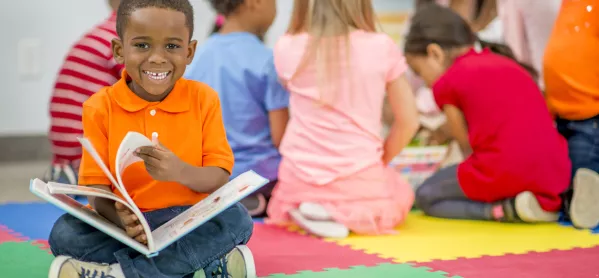A fundraiser inspired by the Black Lives Matter movement aims to put diverse books into Britain’s primary schools.
The fund, which has raised over £6,000 since it was created on Wednesday, aims to help black, Asian and minority ethnic (BAME) students to feel represented by their school libraries.
News: Tens of thousands want GCSE to include texts on racism
‘Terrifying’: Black pupils tell of n-word abuse in UK private schools
Black Lives Matter: Duchess of Sussex tells school of ‘devastating’ racism
“There’s a lack of books in primary schools where not only can teachers teach the white students about these issues but also the BAME students are severely underrepresented in the books that they have,” Scott Emmons, the fund’s creator said.
The initiative was inspired by protests that have taken place across the world calling for justice after the death of George Floyd, who was killed in police custody in Minneapolis on 25 May.
Mr Emmons, 34, who lives in Wanstead, said: “I went to the protest on Wednesday in Hyde Park and came away feeling so energised. There were so many people in Hyde Park who cared...there are so many people wanting to change, wanting to help.”
The fund will put bundles into libraries, which include 21 books for children aged 3 to 11, and include the stories of Nelson Mandela and Rosa Parks.
In 2018, a report from the Centre for Literacy in Primary Education revealed that over the course of the year, only 4 per cent of children’s books published in the UK had a BAME hero.
“If there’s no literature there to start this conversation, and white teachers find it difficult to speak about, then these are the tools that allow you to have that conversation,” Mr Emmons said.
Mr Emmons explained that he would like the initiative to go further than the GoFundMe page he has created, with the hope of schools tailoring the books to fit their own schools’ needs.
He said: “The idea for this campaign is not to pay for everyone’s books, it’s to be that driving force and that spark to put pressure on schools to get these books in and allow the children in their classrooms to see themselves represented.
“It isn’t just a case of a lack of funding... a lot of the schools do have the funding; they’re just not prioritising correctly. They’re not purchasing the right books.”




